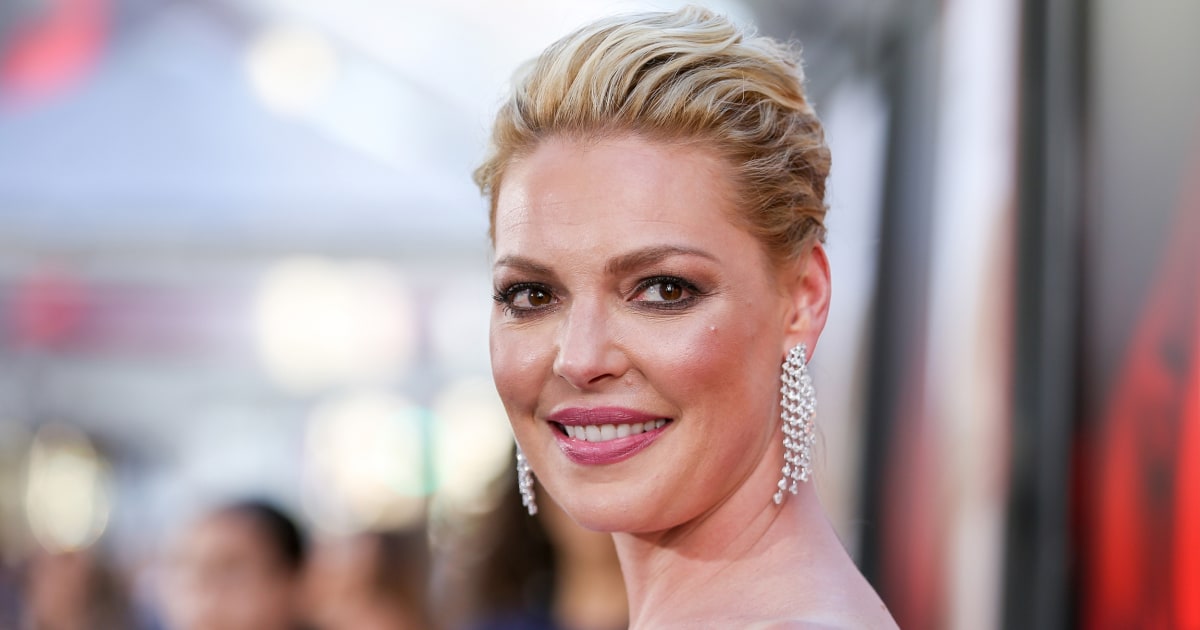
Actor Katherine Heigl is opening up about how she was raised in a “white bubble” and how the realization has affected how she parents her adopted multiracial children.
The “Firefly Lane” and “Grey’s Anatomy” star shared in a recent interview that — when it came to skin color — it didn’t matter to her how she looked like, but after she spoke to her older sister, who was adopted from South Korea, she realized how different society treated the two of them.
“I asked my sister, Meg, if she had been treated one way when she was out in public with our parents and a different way when she was out by herself without them. She said, ‘Oh, yeah, all the time!’ That made me realize that I had been so naïve,” Heigl said to Parents.
The actor said she became angry but felt she needed to channel that energy to help her adopted daughters. Heigl and her husband of 13 years — the singer Josh Kelley — have a 4-year-old son together, Joshua Bishop Kelley, Jr. They adopted their daughter Nancy Leigh, 12, from South Korea in 2009 and Adalaide, 8, who is Black, in 2012.
“This isn’t about how it makes me feel. It’s about how I need to protect my daughters and prepare them for the world, because I can’t change society in one fell swoop,” she said.
Heigl shared her struggle raising her multiracial daughters last year on social media in the wake of George Floyd’s killing that sparked a wave of protests across the country.
The actor said in a post last year that her upbringing, which was inclusive and compassionate, seemed normal but expressed her outrage at living in a “white bubble.”
“My white bubble though always with me now begins to bleed. Because I have a black daughter. Because I have a Korean daughter. Because I have a Korean sister and nephews and niece. It has taken me far too long to truly internalize the reality of the abhorrent, evil despicable truth of racism,” she wrote.
America’s racial reckoning has put a spotlight on the racial disparities across the country. For transracial adoptees, talking about race can be an uncomfortable conversation, and confronting white parents about it can be especially taxing, experts say.
But the responsibility shouldn’t fall on kids, Gina M. Samuels, who researches adoptee identity at the University of Chicago and is a Black transracial adoptee herself, told NBC Asian America in a past interview.
“It’s not your fault if your kid experiences racism,” she said. “But it is your fault if you’re not there to help them.”
Heigl said that as her children get older, they increasingly have questions about their birth stories.
“We have said to them, this is your story. We don’t have any information about your biological fathers, but we do have a bit about your biological mothers. If you guys want to talk more about them, you can have as much or as little information as you want. Tell us what you’re comfortable with knowing,” she said.
Follow NBC Asian America on Facebook, Twitter and Instagram.
Source: | This article originally belongs to Nbcnews.com










